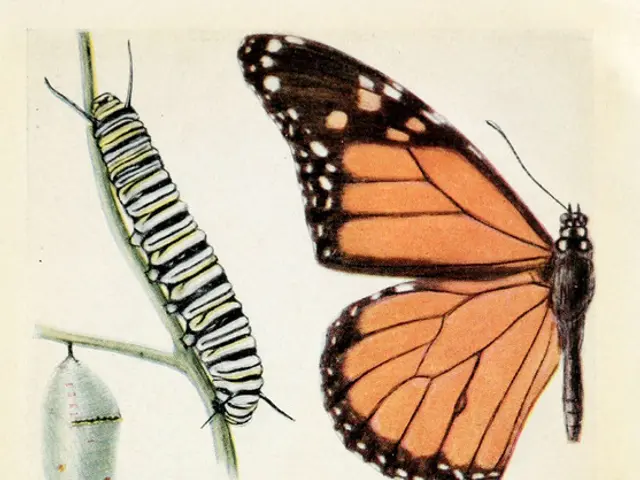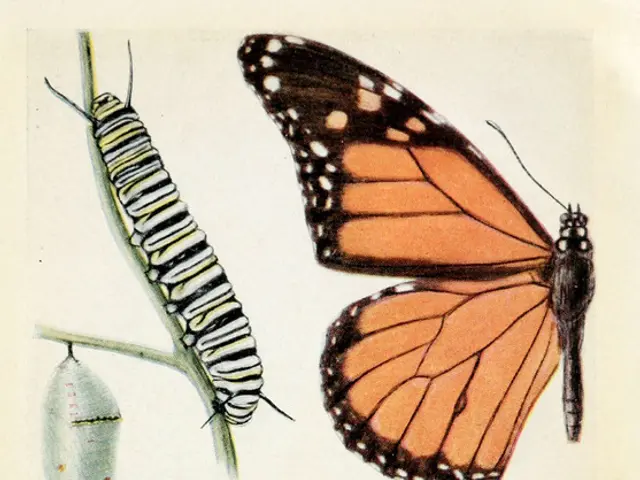College Sports Regulation Overhaul Proposed by Trump May Have Little Impact
President Donald Trump issued an executive order on college sports on Thursday, aiming to address the "chaotic environment" created by recent changes in student-athlete compensation, particularly around name, image, and likeness (NIL) rights and revenue sharing.
The order directs federal agencies to establish regulations that reinforce collegiate athletic stability, preserve non-revenue and women’s sports, and manage revenue sharing within a framework designed to protect traditional college sports structures.
Antitrust Scrutiny and the NCAA
Concerning antitrust scrutiny, the order instructs the Attorney General and the Federal Trade Commission chairman to collaborate on shielding the NCAA and its members from future antitrust lawsuits. This is a response to litigation that challenged NCAA rules on athlete compensation and revenue sharing. Thus, the executive order attempts to create regulatory protections for the NCAA against restrictive antitrust actions.
National Labor Relations Act and Employment Status
Regarding the National Labor Relations Act (NLRA) and employment status, the order calls on the Department of Labor and the National Labor Relations Board (NLRB) to clarify that college athletes are not employees of their schools or conferences. This seeks to prevent athletes from gaining employee rights, such as collective bargaining, which could drastically alter the college sports model.
Potential Legal Challenges
Experts note that executive orders do not override existing laws and that policies stemming from the order could face significant legal challenges, meaning the practical impact depends on federal agencies’ rulemaking and potential court battles.
In summary, Trump’s executive order:
- Directs federal agencies to develop coordinated enforcement strategies that stabilize the college sports landscape amid NIL and revenue-sharing upheavals.
- Instructs the Labor Department and NLRB to issue guidance clarifying that student-athletes are not employees under the NLRA, thus limiting unionization or labor claims.
- Charges the Attorney General and FTC to work jointly to shield the NCAA from antitrust litigation, aiming to preserve its traditional regulatory authority.
- Emphasizes the preservation and expansion of women’s and non-revenue Olympic sports to maintain a broad athletic opportunity base amid rapidly changing compensation models.
However, the characterization of "student-athletes" as "different from professional employees" in the executive order is contested. Agencies could act on college sports issues without an executive order, as demonstrated by actions taken during the last week of Joe Biden’s presidency. The Department of Justice has largely been on the sidelines regarding antitrust issues in college sports.
The executive order does not explicitly state that college athletes are not employees. The SCORE Act, if passed by Congress, could potentially influence college sports, but its passage is uncertain and it could still be challenged in court. State antitrust laws, outside federal authority, could still be applicable in college sports.
Overall, the order seeks to reinforce the NCAA’s authority and traditional college sports structures by restraining athlete labor rights and protecting against antitrust claims, while also responding to recent legal shifts allowing athlete compensation beyond scholarships. However, it may lead to new legal challenges as agencies weigh in and court battles unfold.
- The executive order urges the Attorney General and the Federal Trade Commission chairman to collaborate, aiming to establish regulatory protections for the NCAA against antitrust lawsuits, specifically in relation to antitrust litigation centered on athlete compensation and revenue sharing.
- In light of the National Labor Relations Act (NLRA) and employment status, the order prompts the Department of Labor and the National Labor Relations Board (NLRB) to clarify that college athletes are not considered employees of their schools or conferences, thereby preventing athletes from acquiring employee rights such as collective bargaining that could significantly alter the college sports model.
- Experts warn that executive orders may not override existing laws, and policies derived from this order could face significant legal challenges, with the practical impact contingent on federal agencies’ rulemaking and potential court battles, thus underlining the on-going complexity and uncertainty surrounding student-athlete education, self-development, politics, general news, and sports.




